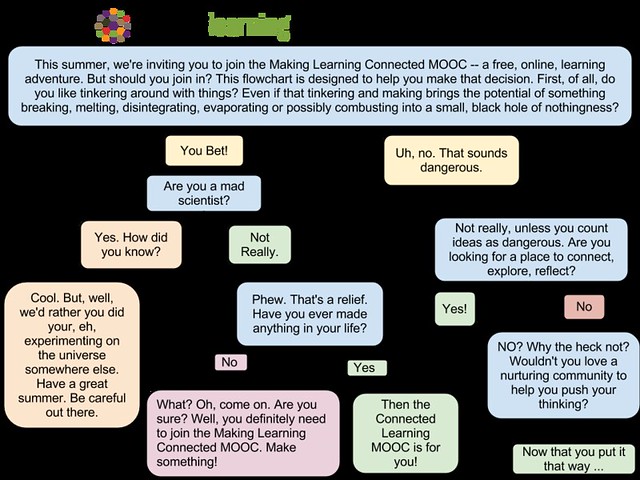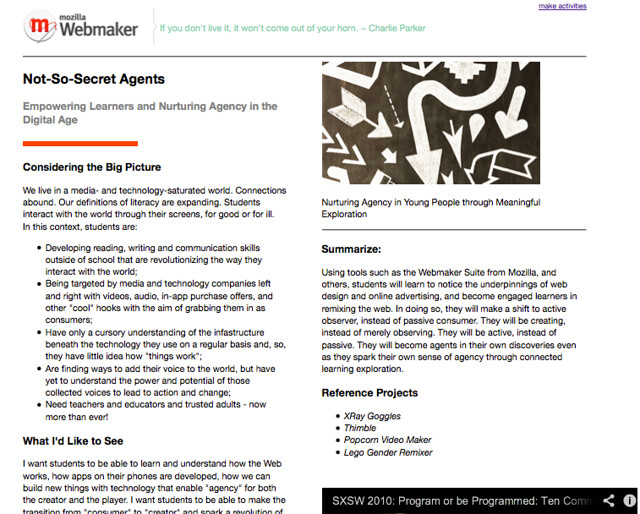
“I set this story in the past, but the main issue in it transcends time and place. To this day, there are places in the world where innocent people face persecution and death for making a choice about what they believe to be right.” — Eugene Yelchin
Oh, the secrets of the old Soviet Union!
In Breaking Stalin’s Nose, Eugene Yelchin gives us an inside look at the fear that dominated the Soviet Union under Stalin’s regime, and told through the eyes of 10-year-old Sasha Zaichik, it is indeed of accusations, political maneuvering and a tragic toll taken on everyone’s lives. Other than Animal Farm, I can’t think of another novel that I have read in my life that really peels back the experiences of Stalin’s views of Communism, and with this short novel that takes place over the span of just two days, Yelchin brings the humanity of those decades to the surface.
The story begins with Sasha’s desire to become one of Stalin’s Young Pioneers, the youthful cadre of kids who will spy everywhere on Stalin’s behalf, and ends with Sasha declining the offer. What happens in-between, particularly with his father (his American mother is long gone, accused as a spy), is made all the more heart-rendering because it seems like an average kid’s life — with worries of fitting in, worries about family connections, and worries about bullies and adults. Even the title refers to an accident that happens to Sasha — while daydreaming of glory and recognition, he accidentally knocks the nose off a Stalin statue in his school. That normalcy of childhood quickly gets overrun by the politics and accusations, and everyone covering their own butts at the expense of others.
Yelchin, himself an emigrant from Russia, tells his story so insightfully and brings us right inside the head of Sasha so well, that I could not put the book down. I read it in one sitting. And I am so grateful that the ending takes a slightly positive twist, showing the humanity of people over the short-sightedness of the politicians. It’s true that fear runs throughout this story. But there is love, too.
Peace (in the cold winter of Stalin),
Kevin
PS — someone made a trailer:


